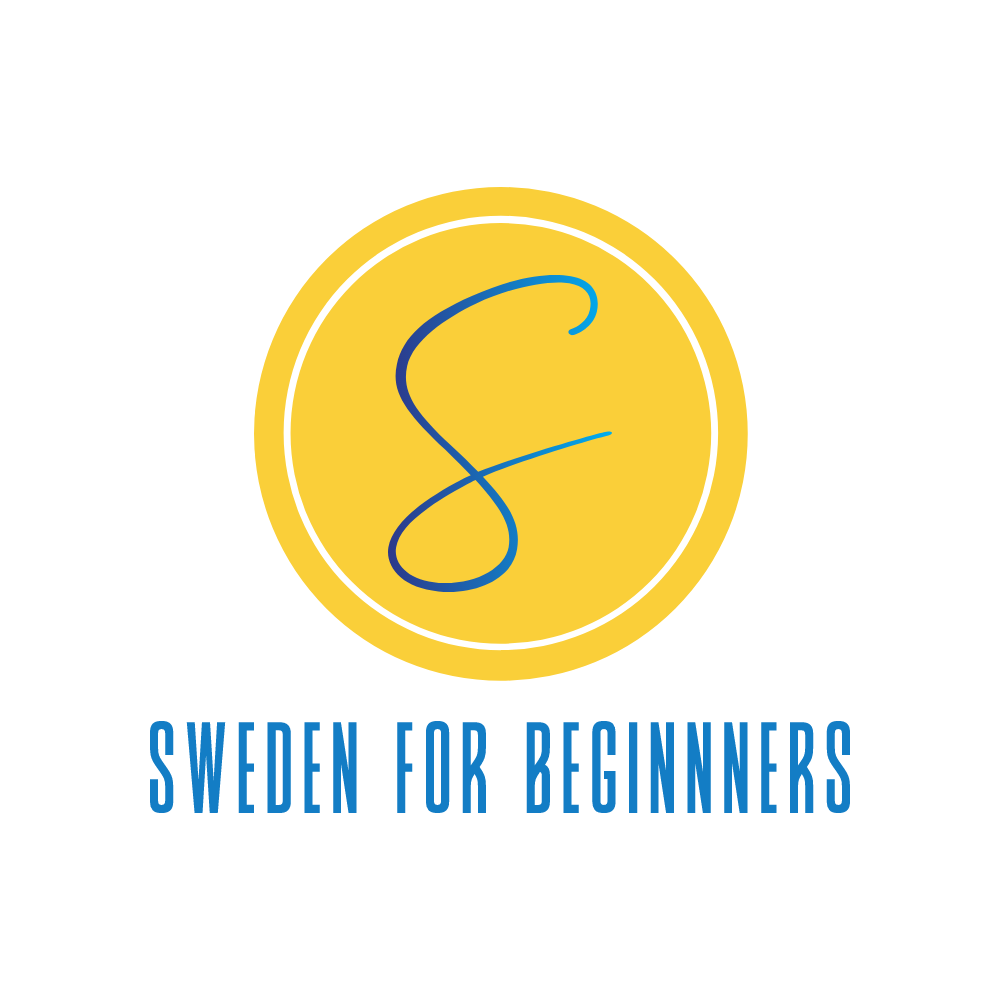Are Scandinavians really so happy?
The new World Happiness Report is out.

And these are the world's 20 happiest countries:
- Finland
- Denmark
- Iceland
- Sweden
- Netherlands
- Costa Rica
- Norway
- Israel
- Luxembourg
- Mexico
- Australia
- New Zealand
- Switzerland
- Belgium
- Ireland
- Lithuania
- Austria
- Canada
- Slovenia
- Czechia
According to the latest results, Finland has remained the happiest country since 2018.
Sweden moved up from sixth to fourth place last year and remains there in the report released on Thursday.
The top rankings have seen few changes overall.
Notably, the USA, Israel, Ukraine, Lebanon, and Palestine have dropped in the rankings, while Russia has risen. Afghanistan is once again the least happy country.
(It's important to note that no surveys were conducted in countries like Sudan and Syria due to safety concerns.)
The World Happiness Report measures subjective well-being based on three main indicators: life evaluations, positive emotions, and negative emotions.
I wrote about this a year ago. To sum it up:
Scandinavia consistently ranks at the top in happiness due to a combination of generous welfare states and a strong sense of empowerment. Danish researcher Christian Bjørnskov suggests that true happiness comes from feeling in control of one's life, aligning with the historical Viking spirit of self-reliance.
This sense of control is encouraged through strong work-life balance, flat hierarchies, entrepreneurial spirit, and community involvement.
Scandinavian societies encourage this mindset through education, social norms, and access to resources, emphasizing individual agency alongside social support.
Sort of conclusion was that true happiness lies not just in what you have, but in feeling empowered to shape your own path.
The measures for the World Happiness Report are generally consistent; and while the core measures remain the same, additional factors and themes may be highlighted in each annual report.
One specific measure the survey considers in 2025 is different types of kindness, such as the expectation of having a lost wallet returned. In the Nordic countries, both the expectation and actual return of lost wallets are the highest.
"People are kinder than we think they are, and realizing this naturally makes us happier. It also changes how we think about our neighbors. You are more likely to see a stranger on the street as a friend you haven't met yet, rather than a threat," says John Helliwell, one of the report's main authors, to CNN.
But why is Finland at the top year after year?
Anna-Lena Lauren from the Swedish newspaper Dagens Nyheter tried to answer this question:
"This year, we have once again been named the happiest people in the world, for the eighth year in a row according to a UN report. Sweden also ranks high – 4th out of 147 countries. Yet, Finland consistently tops the list year after year.
The reason is simple. If you expect everything to go wrong, or at least partially wrong, you won't be disappointed.
This often leads to cultural clashes between Swedes and Finns.
In 2013, I interviewed Finland's then-President Sauli Niinistö for Svenska Dagbladet. The photos were taken by Tor Wennström from Hufvudstadsbladet. When the article was published, I was a bit surprised that it didn't get as much space as I thought it deserved.
"I told the Swedes not to expect more than one or two good pictures at most," Wennström informed me.
"Are you crazy!? You should never say that in Sweden! You should say: 'My work will be the best in the world!'" I exclaimed.
"I wanted to lower expectations to then be able to surprise them."
The poor photographer thought that the Finnish ideal – be humble and let the work speak for itself – works in Sweden. It doesn't. In Sweden, high expectations are part of the job. There is a much greater belief in Sweden that things will turn out as they are said to.
Many Finns find it hard to understand why Sweden debated for so long whether the wreck of the Estonia (the ferry that sunk in the Baltics) should be salvaged. It was clear at an early stage that it would be impossible. But because Prime Minister Ingvar Carlsson had carelessly promised this, the belief persisted that it would be possible. The Prime Minister had said it, after all.
I wonder if this explains why no Finnish ministers say there could be a war, while Swedish ministers do. In Finland, it is considered unnecessary; we had a war 80 years ago, and everyone understands what it entails. In Sweden, there seems to be a belief that without expectations of war, it is impossible to raise funds for defense.
Finns always expect the worst, prepare for the worst, keep quiet about it, and are satisfied when it doesn't turn out as bad. The path to happiness? Apparently."
Finland lyckligast i världen – igen - DN.se
Anna-Lena Laurén: Det här är hemligheten bakom lycka - DN.se
The World Happiness Report



